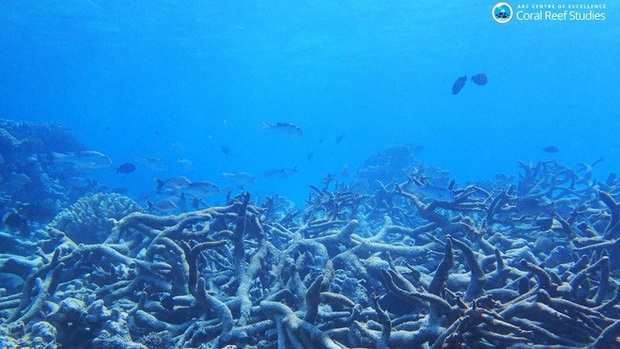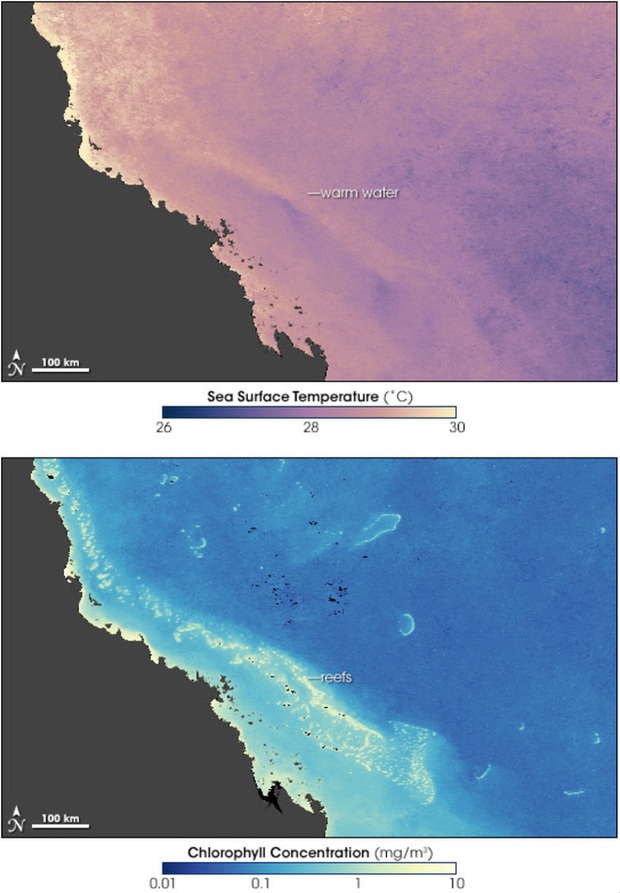When it comes to the Great Barrier Reef (Australia), climate change is wiping out everything. In a new study published recently in the Proceedings of the Royal Society B, Australian researchers have published a survey of individual populations of corals in the Great Barrier. Across all ages and most locations, coral populations have declined dramatically over the past 30 years. That suggests that the reef may be entering a shrinking and unhealthy state or completely collapsing.

The extreme heat of the ocean has subjected coral reefs to repeated bleaching, disrupting the symbiotic connection between coral and algae, one of which happened this year. The new findings add another page to this traumatic history.
“To know how coral populations will recover from these mass deaths, we need to learn more about their composition,” says Andreas Dietzel, a coral researcher at the Research Center. The James Cook University reef, who led the study, said in an email.
He and other researchers looked at populations along the 1,600km long reef. They examined both the top of the reef just a few meters from the water surface and the deeper slopes below the surface, examining the abundance of large, medium, and small corals. Findings show that total coral coverage decreased by an average of 41% compared to the mid-1990s across all of the sites they sampled.

But the real shock is that the large number of corals has disappeared, especially in the northern and central parts of the reef. In the middle part of the reef, large coral species disappeared completely from the sampling points. Overall, the large coral species have decreased by 76% since the mid-1990s. It should be noted that the measurements do not include data from this year’s bleaching event.
“This causes serious fragmentation not only for coral populations to recover from recent disturbances, but also affects the ability to provide habitat for fish and other coral reef organisms“, Dietzel said.

Small corals are also on the decline, essentially disappearing from the central northern part of the reef, as well as medium-aged corals. Sites deeper below the surface, where exposed to less hot water, have a relatively better shape, but the study also noted widespread coral decline on coral reefs.
The Great Barrier Reef is 500,000 years old and although it has had a few “near death” times, the current rate of global warming is unprecedented. Additionally, overfishing and pollution are increasing damage to coral reefs.

Findings published earlier this year suggest widespread ecosystem collapse in the coming decades is possible, and researchers have identified the Great Barrier Reef as a “good candidate. head “for the death book if humanity does not act together.
However, even in the best case of the world to cut carbon pollution, the new study gives a warning, “the historical baseline of what constitutes the scale structure of a coral population may have changed over the decades.” In other words, we might have fought to save what we could, but signs of damage have taken place.

